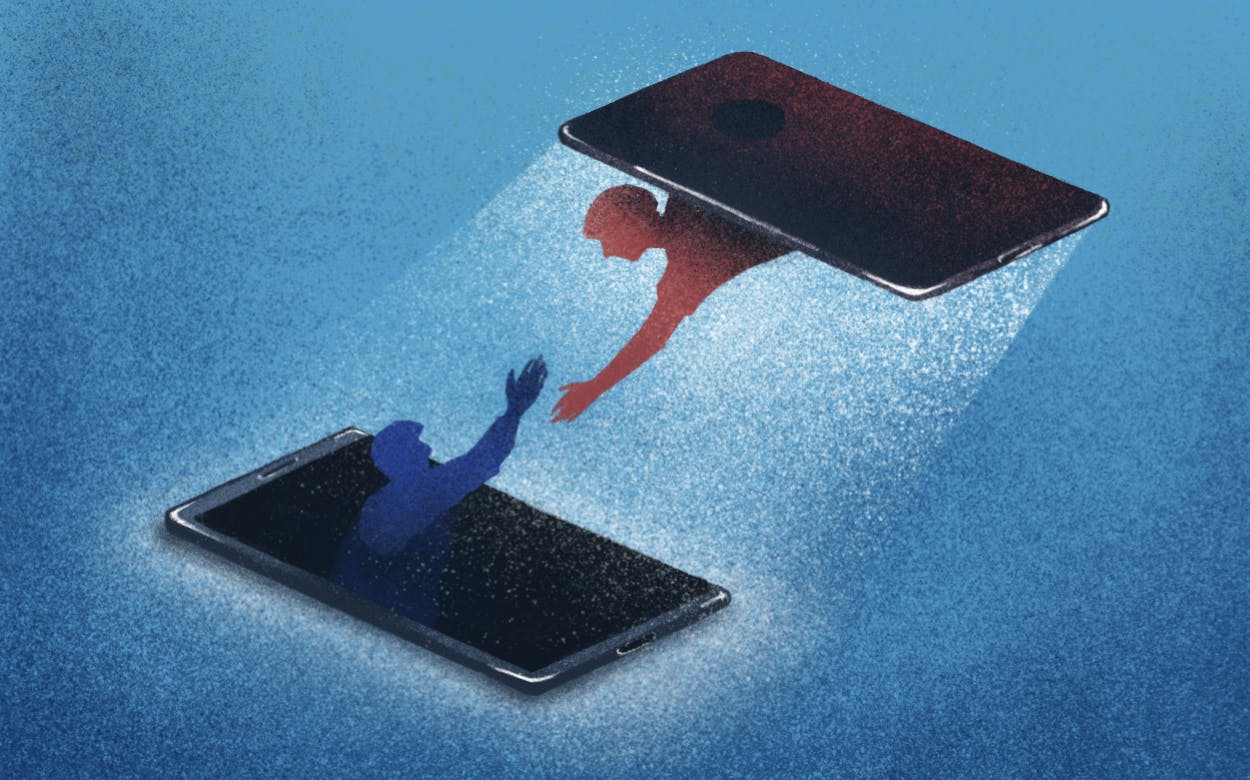The web as cause and cure of the youth mental health problem
The debate is as old as the history of technology: Are new technologies a curse or a blessing for mankind? Last week, an interview with U.S. Surgeon General Vivek Murthy about the state of adolescent mental health went viral, and the question was back on everyone's minds.

The web as a cause
Even though the roots of the mental health crisis date back far before Corona, the catalytic conflation of the pandemic and the profound appropriation of social networks have exacerbated the problem.
Murthy’s point is that young people are currently struggling with so much more than real-life limitations. They are also increasingly facing digital challenges as their lives become more digital.
While TikTok, Instagram, Snapchat, Facebook, and Twitter have the potential to serve as an outlet for creative, educational, and social opportunities, they often instead function as a domain of negativity, bullying, and shame—with long-lasting impacts on the emotional well-being of their users.
The web as a cure
Reading the interview, we had to reflect on the fact that it's actually no surprise that mental health is a booming startup cluster. Mental health startups offer an alternative to a fragile and overburdened system.
And fortunately, there are special services for young people who deal professionally with the abovementioned problems. For instance, Hello Hero and Wave have just received funding. The nonprofit Krisenchat from Germany is also worth a mention.
Our perspective
Thanks to the ubiquity of cheap internet technologies, new effective mental health solutions can be created in a matter of months. But the same progress that got us there is also the midwife to profound new problems. And so we’ve come full circle.
We should therefore not only treat the symptoms, but also get to the root of the problem: the uncontrolled entanglement of social networks with our reality. Our permanent interaction with them changes not only the way we work and play, but also the way we think and feel. And this effect is not negligible, as shown in the great demand for mental health services.
Like any other major technology in the past, the still very young social networks will have a massive impact. Not only directly, but also indirectly. Just think about cars. Not only did they get us from point A to point B, but they also created suburbs, traffic jams, highways, shopping malls, pollution, and the depletion of natural resources.
We owe a lot to modern advances in technology. But just like with everything, there are good, bad, and downright annoying sides.